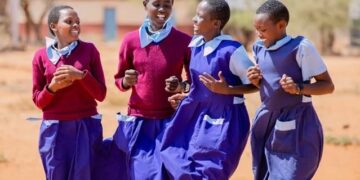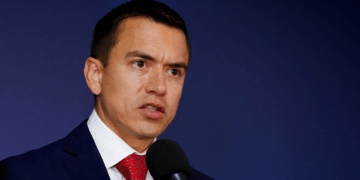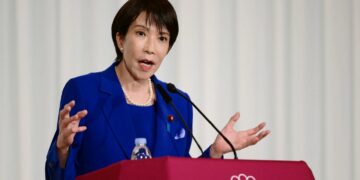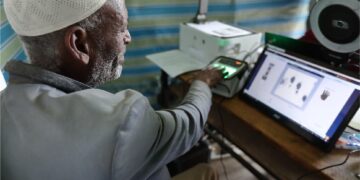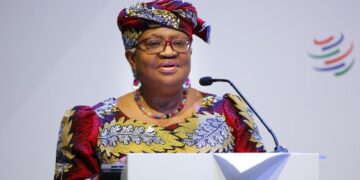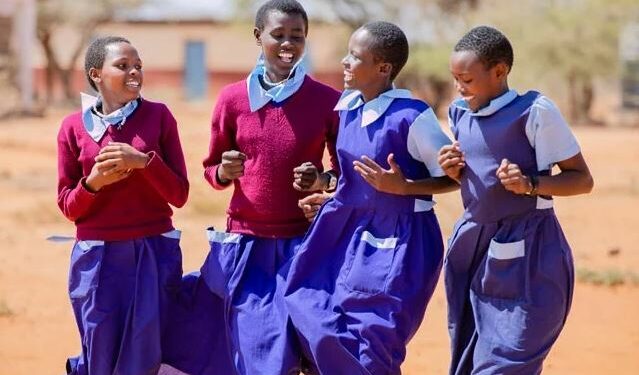By Ebi Kesiena
The Lagos State Government has reported that 2,213 girls suffered various forms of violence between September 2024 and August 2025.
This was disclosed by the Executive Secretary of the Domestic and Sexual Violence Agency (DSVA), Titilola Vivour-Adeniyi, during an interview in Lagos on Saturday.
Vivour-Adeniyi said the 2025 International Day of the Girl Child, marked on October 11, was a reminder of the need to confront the abuses faced by girls and take stronger action to protect them.
“In the past one year, the agency provided services to 8,692 survivors. Out of these, 3,629 were children. Of the 3,629 children, 60 per cent were female and 40 per cent male. The 60 per cent represent 2,213 girls who suffered physical, sexual, emotional, or neglect-related abuse,” she said.
She noted that children between zero and nine years old were particularly vulnerable to different forms of abuse.
Vivour-Adeniyi explained that the agency provides psychosocial support to children who have experienced or witnessed abuse, using therapeutic methods such as play therapy to help them heal and understand that abuse should never be normalised.
“We provide holistic support to children who have been abused, as well as those who have witnessed abuse. For children who have witnessed abuse, we ensure they access psychosocial support through therapeutic methods such as play therapy, aimed at showing them that abuse is not normalised. Abuse is wrong, and there are other ways to resolve conflicts,” she said.
She added that victims of abuse receive comprehensive care, including medical treatment, counselling, and rescue services where necessary.
“Sometimes, we have to relocate children or families from their environment, especially when the issue becomes known within the community,” she explained.
Vivour-Adeniyi also revealed that in some cases, parents were the perpetrators of violence against their own children.
“In such cases, the agency works closely with the Ministry of Youth and Social Development to support investigations. Where assessments show that a child remains at risk if kept in the home, the child is removed and placed in protective custody until safe reunion with a trusted family member,” she added.
